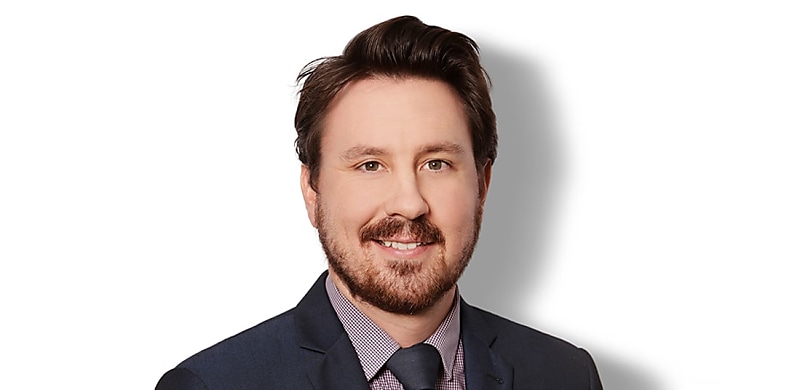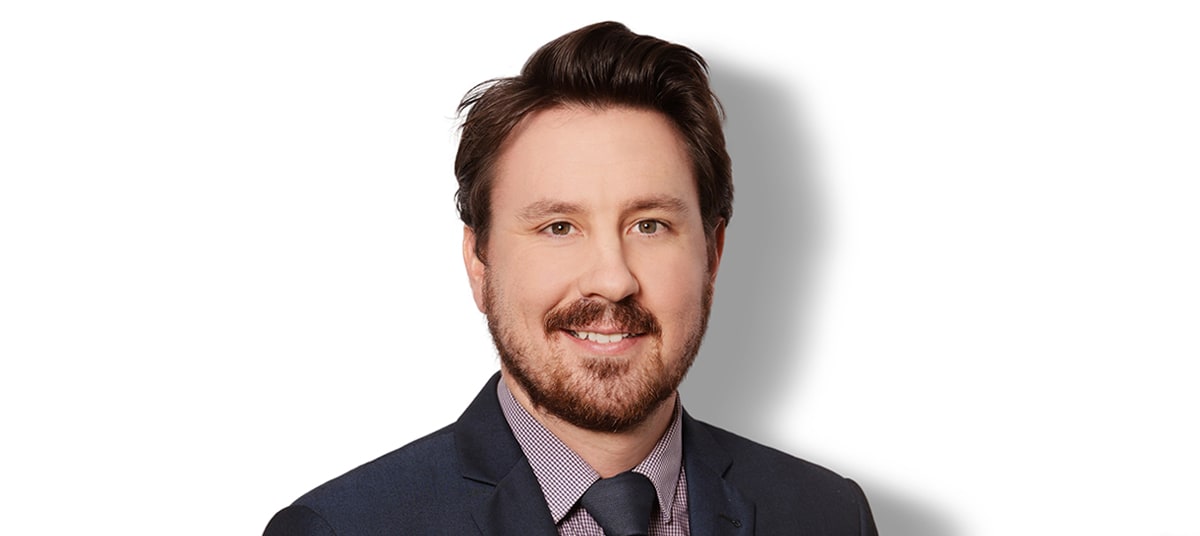
Spencer Clarke, a mortgage broker at Cube Home Loans in Queensland, shares his journey into the broking industry. He discusses his transition from a sales and communications background, the challenges he's faced, and what he loves most about being a trusted broker, earning five-star reviews from clients.
Q. How and why did you become a broker?
My background prior to becoming a broker was primarily in sales. I worked in a few different sales fields, in communications, in the motor industry, and in a tool and hardware company. So, for 10 or so years prior I worked in various sales roles.
This content is available exclusively to
The Adviser premium members.
I later had an interest in getting into banking working at a bank branch. I had like a friend of mine who is a lending manager at the time.. So I thought I’d study my Cert IV [in Finance and Mortgage]. It wasn't until I got into the course I realised it was actually a pathway to become a broker. And that's what I eventually did.
Q. How did you choose which brokerage to join?
I know a lot of new brokers come into the industry and that's the vision I think that they have to take. But I thought a more likely scenario that leads to success was to partner with an established brokerage.
I did actually work with a different brokerage initially and it became clear that they weren't the right fit. We weren't the right fit for each other, really. They weren't in a position to help me get started with clients..
I chose Cube (Scott Beattie's business) because it was quite well established in the industry [and]... he had the ability to get me up and running with clients and deals and leads, which I think is really the most challenging thing initially for a new broker.
Q. How did you generate new leads and establish strong client relationships?
I wanted to be as independent as possible as quickly as possible... I did do the odd [loan for] friend and family early on (but funnily enough, my first clawback was my sister!) but I wanted to start networking with prospective referral partners as much as possible. Some of the real estate agents that I interacted with in those really early weeks and months are some of my best referrers now. And I don't have a huge network of referrers.
I was also getting a lot of business from being active in Facebook pages [where] the general public asking questions about lending home loans.
And the other thing that I did was try and find a niche. When I started broking, I was listening to a few different broker podcasts (including The Adviser’s!) and one thing that really stuck in my mind was finding a niche.
Every broker can do Mum and Dad loans and first-time buyers… but my niche is rural properties, so regional locations, acreage properties. I think I just attracted those clients because I live in a regional location. I've got horses and some acres, so I do a fair bit of that now. It's not my bread and butter, but it is kind of my passion; helping people in regional locations that are buying hobby farms or acreage properties.
Q. What do you most like about broking?
Undeniably, most brokers would say they love helping clients achieve their financial goals and that definitely applies to me.
I think what I really like about the industry is that you're rewarded for creativity… hardly any file is like the other. You know, you might have a pretty straightforward client compared to another straightforward client, but they're still different people, adding in all the complexities of each different file. So you've got the ability to be creative with structuring. You've got the ability to be a good communicator and become a trusted adviser to people.. and then ultimately help them achieve their goals. That's a real reward.
Q. How much of your work is face-to-face and how much is remote/online?
I do deal with clients in my local area, but that's the minority. At the moment, I've got a clients in five different states. So, because of that, it's largely online. And then they refer people and they're not closer to me either. So in terms of what I do in my local area, very little, actually.
It might be a bit controversial because I don't demand everything upfront. I don't insist on a face-to-face appointment; I just fit in with what works with them. To be honest. I just try and make it as easy for them as possible because the process gets a bit frustrating and a bit annoying for people with how many documents they have to supply. So if I can make it easy to get started, they're more likely to progress through.
So I might be chatting with them online first … or call to get a bit of an idea of what they're trying to do [and do] some preliminary calculations for them, but I don't get them to send everything to me to even get started.
Q. What are some of the biggest challenges you've experienced as a new broker?
Clawbacks… The point of clawback was designed to prevent brokers from unnecessarily refinancing their clients to continue getting more and more upfronts. But it doesn't actually work like that… No broker was churning a client every six months and just continuing renewed upfronts.
But what's resulted is that brokers are now getting clawed back for things that are out of their control.
My sister got married and divorced six months after that and sold the house. … Why should I get penalised? That's actually a byproduct of legislation. So that is a bugbear. It should be totally abolished.
I think there should always be an amount of the loan upfront that's never clawed back.
Q. What advice would you give to new brokers just starting out in the industry?
My advice to a newer broker looking to get into the industry is probably to seriously explore joining an established firm…. leverage experience in the industry. Don't just assume that you've got to do it all solo because that's the only way to be successful. That is one way of being successful but it's also probably the highest chance of failure.
Don't think broking is a get-rich-quick scheme. It's not. There's been a big influx of brokers and because mortgage brokers write so much of the home loan space, it means your competition is other brokers. And they’re more than likely to be more established than yourself. So it's a tough market to get started in.
And with mentoring, find someone who's invested in you as much as you're invested in yourself.
You can find out more about Spencer Clark in the New Broker: The importance of choosing the right mentor and finding the right fit podcast.
Tune in to the podcast here:

